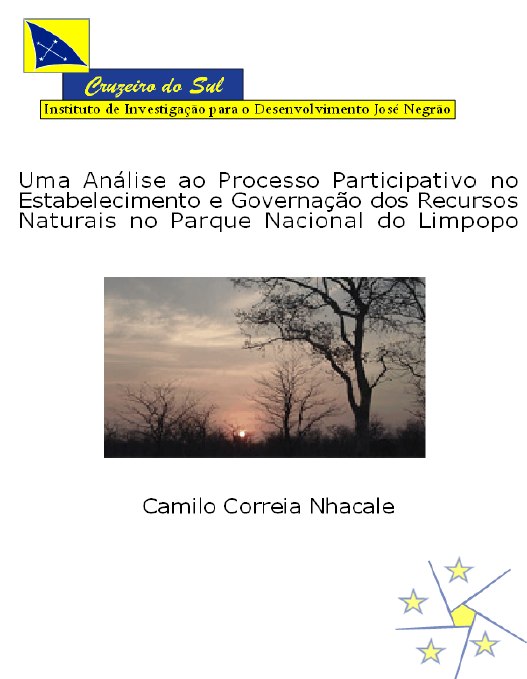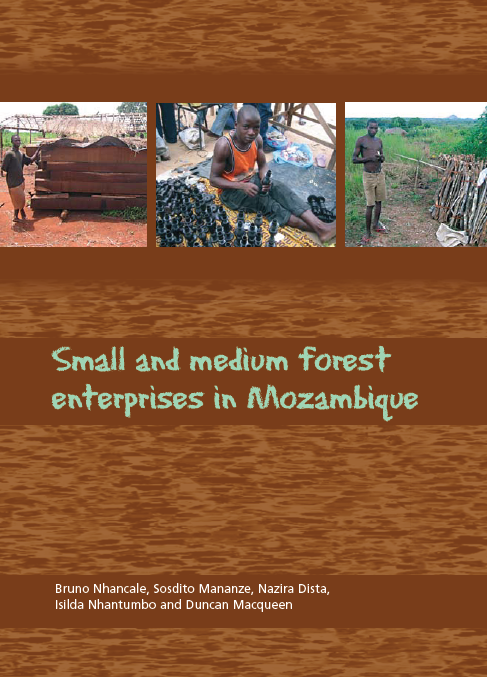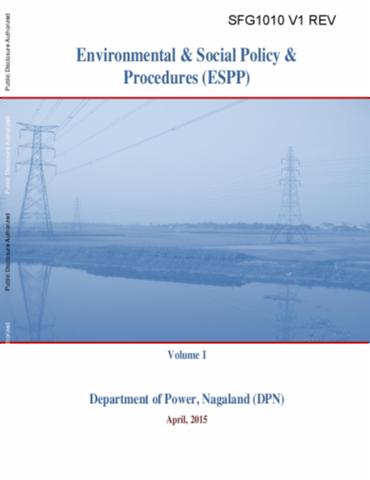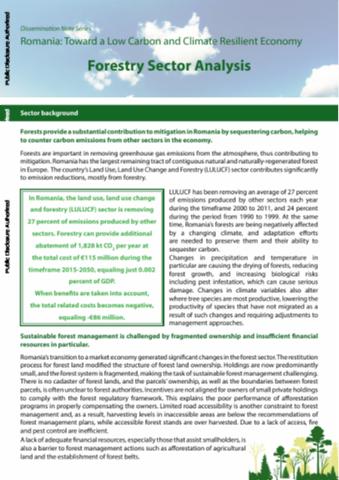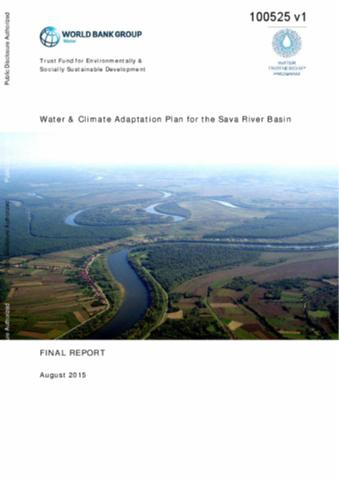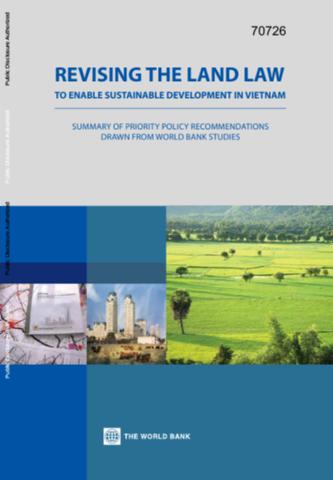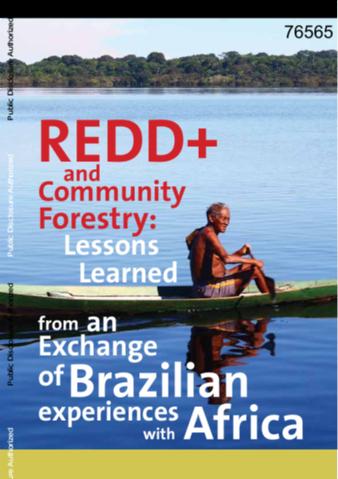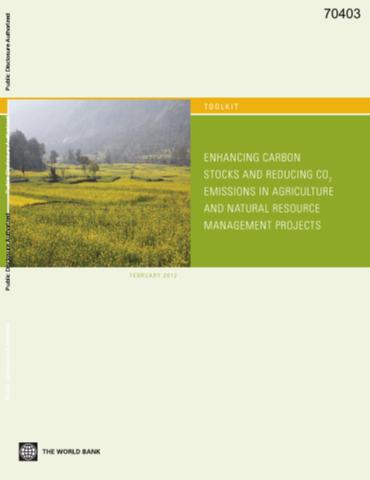Uma Análise ao Processo Participativo no Estabelecimento e Governação dos Recursos Naturais no Parque Nacional do Limpopo
O estabelecimento centralizado das áreas protegidas diprivou muitas comunidades rurais das suas actividades de subsistência e estratégias de sobrevivência dependentes do uso dos recursos florestais (Fabricius et al. 2004; Weladji et al. 2003; Katerere, 2002; Ghimire & Pimbert, 2000). Perderam a terra e foram reassentadas (Webb, 2002; Koch, 2000; Reid et al. 1999), a caça de subsistência foi tornada ilegal (Fabricius et al. 2004).

